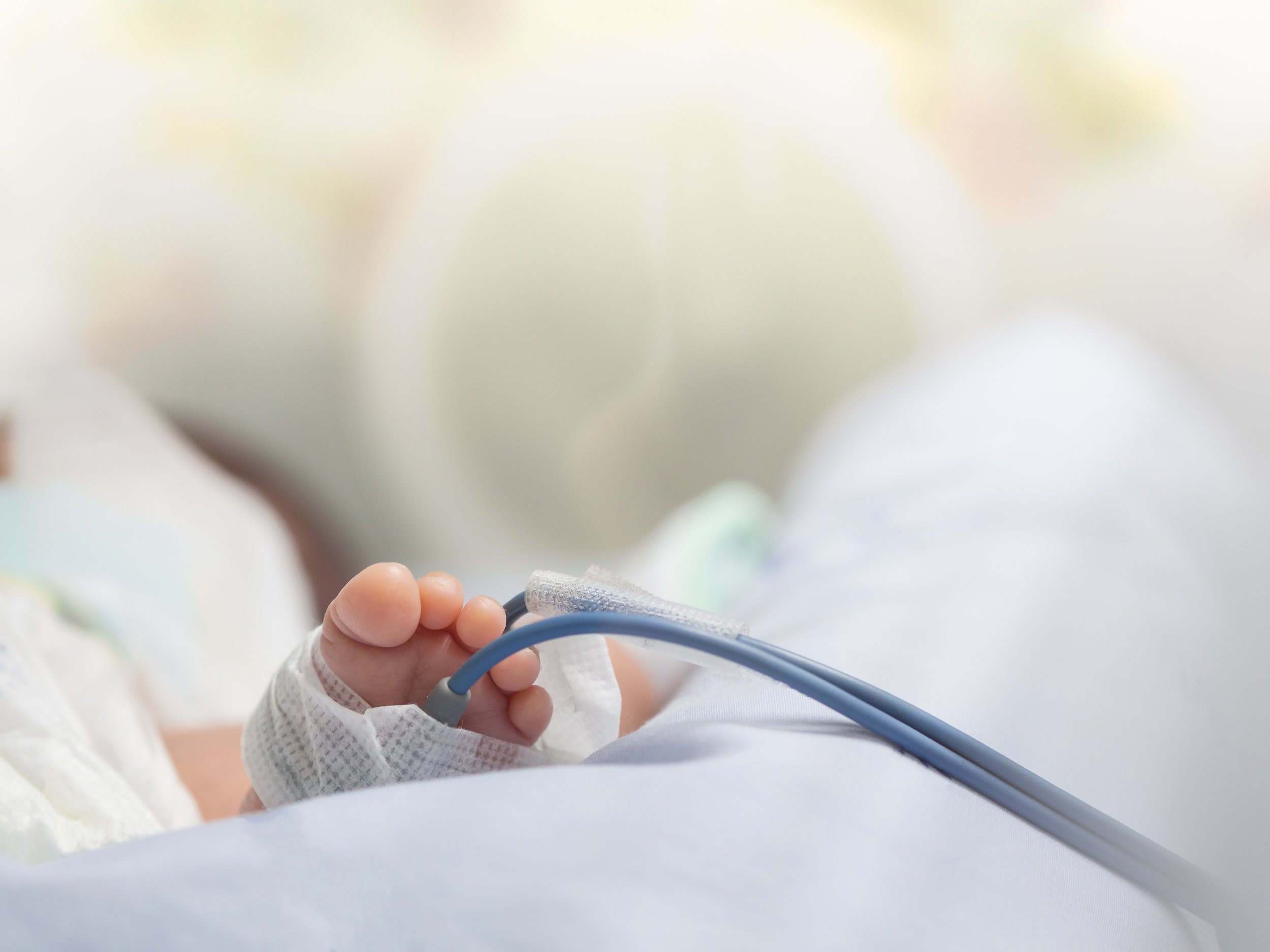
Revolutionize Reproduction

Revolutionize Your Reproductive Health
What is the
SEED Program?
The SEED Program is a passion-oriented group of scholars determined to understand how the total environment – built, natural, and social – impacts reproductive health throughout every stage of life. The SEED Program uses novel research techniques to inform clinical practice, public policy, and preventive strategies to elevate the health of all individuals.
Areas of Research
Fertility
One of the most precious and sensitive markers of human evolution is our ability to reproduce. Reproduction requires optimal conditions that enhance fertility, but in our ever-changing world we are exposed to a multitude of environmental and social insults that affect our reproductive biology. We aim to uncover the immediate and life-course factors that affect human fertility.
Pregnancy
Achieving pregnancy and carrying a fetus to term is challenging, as seen in outcomes resulting in pregnancy loss, low birth weight, and neurological deficits in children, among other adverse endpoints. We aim to identify modifiable and non-modifiable factors within the total lived environment that impact the ability to achieve full-term pregnancy with a healthy child.
Child & Adolescent Health
New variables that impact children’s immediate health are often understudied. There is a lack of research that explores the effects of chemicals, polluted environments, nutrition, and stress on child development and maturation. We aim to research life-course effects of toxicants on the health and development of children through the employment of prospective studies, diverse cohorts, and “omics”.
Current Studies
Preconception PFAS Exposure and Reproduction (PREPARE) Study
The PREPARE Study builds on current research exploring the effects of Per- and Polyfluoroalkyl substances (PFAS) on reproductive health outcomes. PREPARE’s innovative methods of assessing preconception PFAS exposure allows for examination of typically unobservable reproductive outcomes such as fertilization and implantation. The study relies on voluntary participation from individuals or couples who currently receive care at the Massachusetts General Hospital Fertility Center.
PREPARE is actively recruiting participants.
The Preconception Intervention Program for Healthy Reproduction (PIPER) Project
The PIPER Study aims to use a preconception intervention program to reduce the burden of modifiable environmental exposures to promote positive reproductive health outcomes. PIPER is one of the first studies to use cutting-edge evidence to implement prevention strategies for couples attempting pregnancy. The intervention program employs person-to-person educational meetings, educational pamphlets, info-graphics, and interactive mobile resources (Detox Me), while also providing participants with replacement personal care products to foster behavioral changes without financial burden. This pilot study relies on voluntary participation from couples or individual females aged 20-45 who currently trying to become pregnant and live in Massachusetts.
PIPER is no longer actively recruiting participants.







